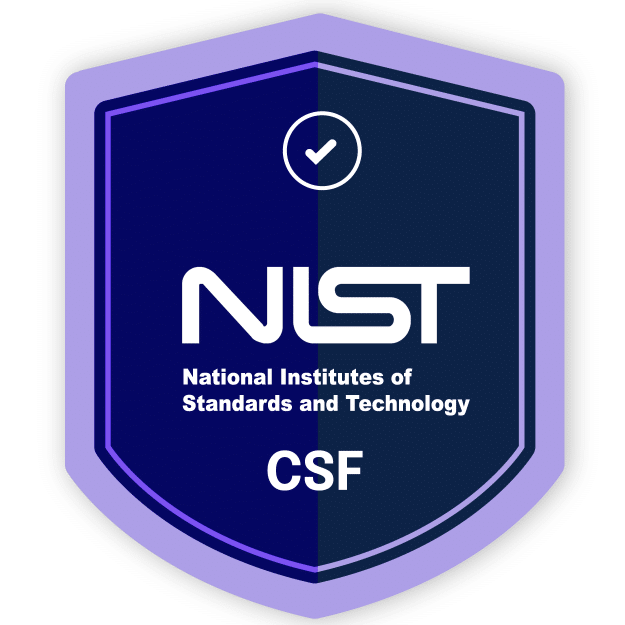Compliance is not a checklist, it is an architectural discipline. Ataides helps organizations design cloud environments that are secure, traceable, and audit-aligned from the ground up.
Objectives of Regulatory Compliance Architecture
The objective of the Cloud Compliance Blueprint is to:
- Map your cloud infrastructure against the controls required by regulatory frameworks.
- Identify architecture and process gaps that affect audit readiness.
- Provide a prioritized plan with actionable technical and policy improvements.
Framework Alignment
We translate abstract compliance obligations into concrete, cloud-native architecture:
- ISO/IEC 27001 (Annex A)
- SOC 2 (Security, Availability, Confidentiality)
- NIST 800-53 / NIST Cybersecurity Framework (CSF)
- GDPR, CCPA, LGPD (where applicable)
We act as the bridge between compliance checklists and your real infrastructure.
Architecture & Control Mapping
We review your cloud platform(s) (no matter the provider) and assess:
- Logging, monitoring, and immutable retention policies
- IAM design aligned with role clarity and segregation of duties (SoD)
- Data encryption (at rest and in transit), KMS integration
- Key custody, secrets lifecycle, and access governance
- Backup validation, restore assurance, and RTO/RPO objectives
- Infrastructure configuration baselines and change integrity
- Network segmentation, firewall policies, and zero-trust enforcement
All mapped directly to framework-specific control requirements.
Deliverables
You’ll receive a clear, structured blueprint including:
- Compliance gap analysis (per framework)
- Cloud architecture diagrams with annotated controls
- Control implementation plan (Quick Wins + Long-Term Actions)
- Templates for evidence generation (IAM, logs, policies)
- Compliance traceability matrix (Control → Cloud Component → Owner)
Optional: we can support engineering teams during implementation.
Strategic Impact
- Accelerated audit preparation (SOC 2, ISO 27001, etc.)
- Clear justification of security posture to stakeholders
- Reduced compliance risk and future remediation effort
- Documentation to support external assessments or due diligence
Compliance is not about passing an audit, it’s about proving institutional trust through architecture.




